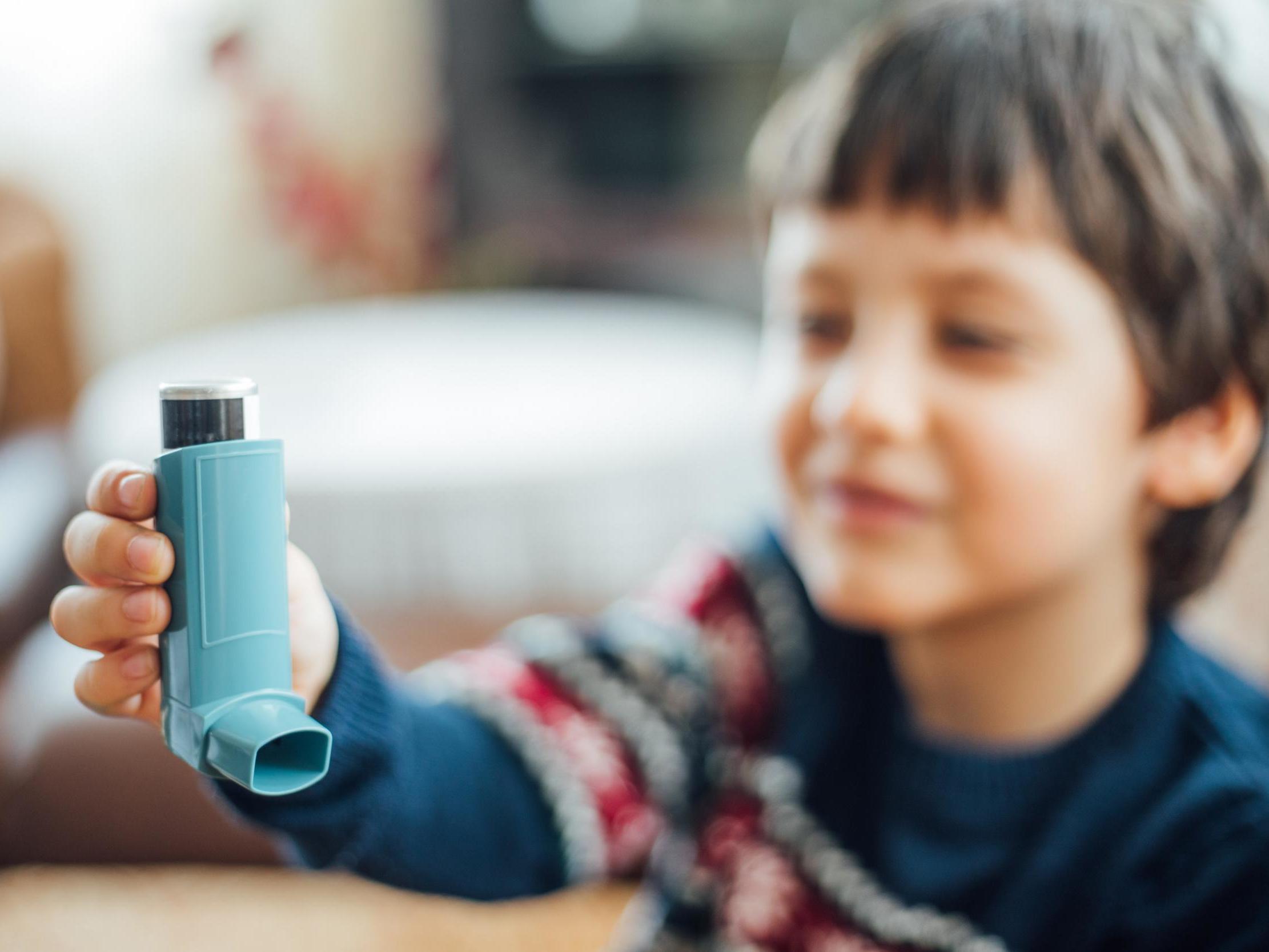Cleaning products linked to childhood asthma, study finds
A 2018 study also found use of cleaning sprays impacts lungs as much as smoking a pack of cigarettes per day

Your support helps us to tell the story
From reproductive rights to climate change to Big Tech, The Independent is on the ground when the story is developing. Whether it's investigating the financials of Elon Musk's pro-Trump PAC or producing our latest documentary, 'The A Word', which shines a light on the American women fighting for reproductive rights, we know how important it is to parse out the facts from the messaging.
At such a critical moment in US history, we need reporters on the ground. Your donation allows us to keep sending journalists to speak to both sides of the story.
The Independent is trusted by Americans across the entire political spectrum. And unlike many other quality news outlets, we choose not to lock Americans out of our reporting and analysis with paywalls. We believe quality journalism should be available to everyone, paid for by those who can afford it.
Your support makes all the difference.Children who are exposed to household cleaning products early in life are more likely to suffer from asthma or other breathing problems such as wheezing, a study has suggested.
Researchers looked at more than 2,000 children and found those exposed most to cleaning products like washing-up liquid, multi-surface cleaners and laundry detergent were at greater risk.
The study, by a team at Simon Fraser University in Canada, found that those children had a 35 per cent greater risk of developing asthma or wheezing by the age of three years old compared with parents who used the products less often.
The products with the highest correlated risk were scented products or those which are sprayed.
The researchers, who published their findings in the Canadian Medical Association Journal, suggested that chemicals in the cleaners may damage the body's respiratory lining by triggering the immune system and causing inflammation.
They also suggested that the substances may alter a child’s bacterial microbiome.
Professor Tim Takaro, who lead the study, said: “Most of the [existing] evidence linking asthma to the use of cleaning products comes from adults.
“Our study looked at infants, who typically spend 80 to 90 per cent of their time indoors and are especially vulnerable to chemical exposures through the lungs and skin due to their higher respiration rates and regular contact with household surfaces.”
The study was conducted by asking parents to fill in a questionnaire on how frequently they used certain cleaning products. The children were then assessed at age three for various breathing problems and other common causes of allergies.
The researchers also took into accuont the parent’s history of asthma, household income and exposure to smoking or pets in the house, as well as visible mould or dampness in the property.
Nearly 5.5 million people in the UK receive treatment for asthma, according to Asthma UK, including about 1.1 million children.
In 2018 a study found regular use of cleaning sprays has an impact on lung health comparable with smoking a pack of cigarettes every day.
The research followed more than 6,000 people over a 20 year period and found women in particular suffered significant health problems after long-term use of these products.
In addition, a 2017 study from Harvard University and the French National Institute of Health found a link between the regular use of disinfectant cleaning products, such as bleach, and increased risk of developing fatal lung conditions.
The research involved data from more than 55,000 nurses in the USA.
Join our commenting forum
Join thought-provoking conversations, follow other Independent readers and see their replies
Comments